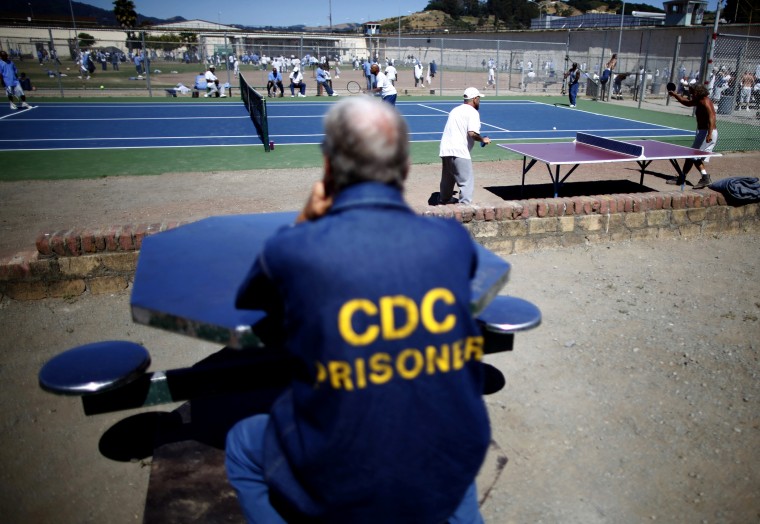In an extraordinary speech to the New York State Bar Association earlier this week, Deputy Attorney General James Cole did two significant things.
First, he announced that when President Obama used the pardon power in December to commute eight lengthy federal sentences for narcotics trafficking, this was only a "first step," and that there is "more to be done."
Second, he outlined how a much more extensive round of commutations might happen. The first of these was historic, remarkable, and right. The second part is more problematic.
The good news is that this administration, unlike its most recent predecessors, intends to use the pardon power in a vigorous and principled way. This not only offers hope to those who have received excessive sentences but can go a long way toward restoring the reputation of the pardon power, which has been sullied through its use to improperly advantage people like Scooter Libby and Marc Rich.
The framers created the pardon power to offset congressional excesses, and that is exactly how this president, unlike former Presidents Bill Clinton and George W. Bush, is using it.
The method Cole outlined to produce more commutations is where the problem lies. The administration intends to have the Bureau of Prisons spur inmates to seek commutations and then encourage state bar associations to direct their members to prepare petitions for those inmates.
Cole made this appeal to deputize lawyers in a very direct way during his New York speech -- telling the bar association there that "this is where you can help." The hope is that, in the end, this will produce a wave of good candidates for commutation.
Unfortunately, this solution doesn't address the actual problem with federal clemency. No one has suggested that what is broken with the pardon power is that there aren't enough petitions in the system -- to the contrary, there is a backlog of some 3,500 clemency petitions awaiting a decision.
The problem is that the process doesn't work. The pipeline is clogged, and the solution can't be simply to jam more things into it. The present structure for consideration of these often-complicated petitions has done a terrible job handling the workload it has now; it's unclear how giving the pardon attorney and the others who consider these petitions even more work is supposed to solve the problem. Increasing the size of the clog does nothing to clear out a pipe.
Rationally, generating more clemency petitions only makes sense if this administration is prepared to find a way to analyze and ultimately grant more petitions. If that is part of the plan -- and it might be -- Cole did not mention it in his speech.
There are good options for increasing the size of the pipe, and producing more good outcomes rather than just more petitions.
Critics hailing from such diverse corners as the Heritage Foundation and the American Constitution Society have called for wide-ranging reform of the pardon process. This might be the time to implement significant changes, such as removing many levels of review and giving the person or committee charged with making recommendations on clemency much more frequent and direct access to the president.
Even if systemic reform of the process isn't undertaken or doesn't take immediate effect, a shorter-term solution is available. Obama could empanel a presidential clemency board for a period of 12 to 18 months to consider the mass of petitions that may be generated through the process Cole described.
This pop-up agency would push through the egg in the snake, make its recommendations, and disband.
Their efforts would be revenue-positive (because of savings in incarceration costs), further an important policy goal that has been embraced by members of both parties and all three branches of government, and avoid the dangers presented when a new, permanent bureaucracy is established. What's not to like about that?
Mark Osler, a former federal prosecutor, is a professor at the University of St. Thomas Law School in Minnesota.
